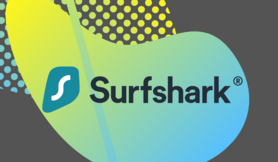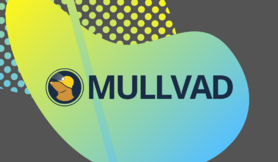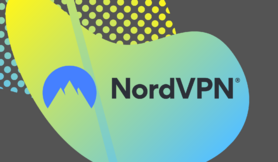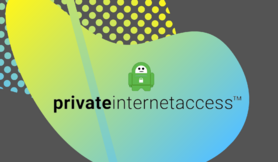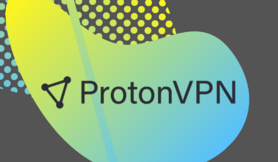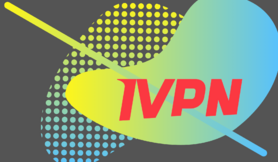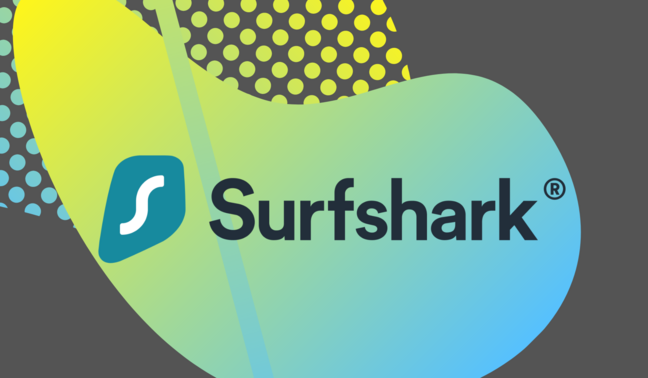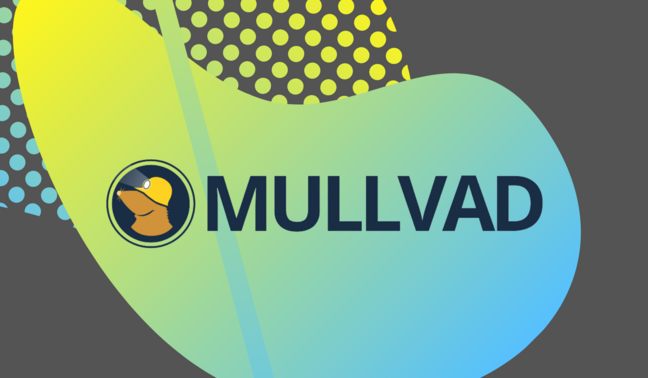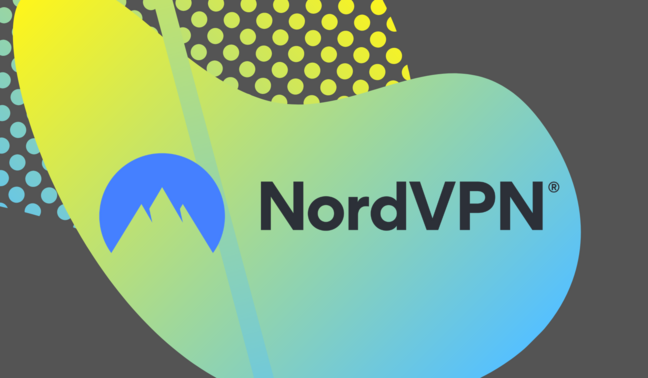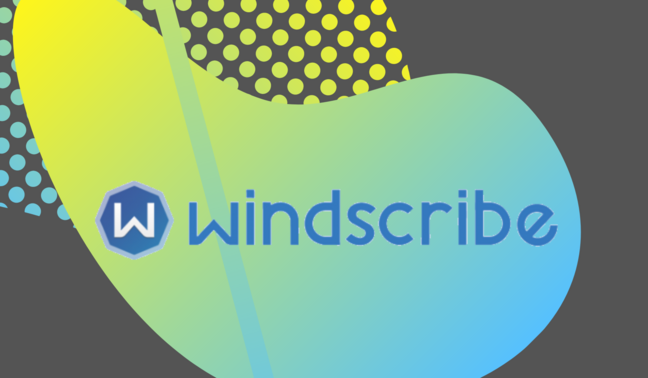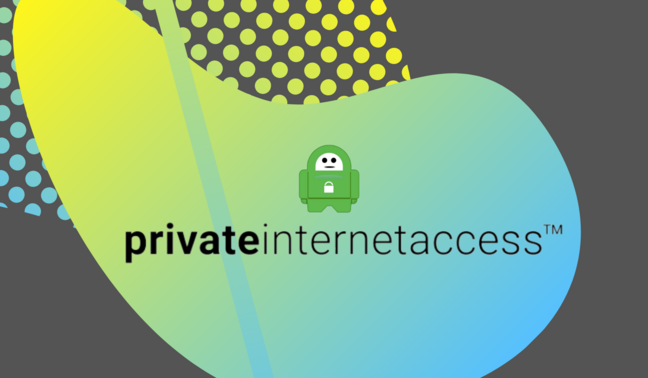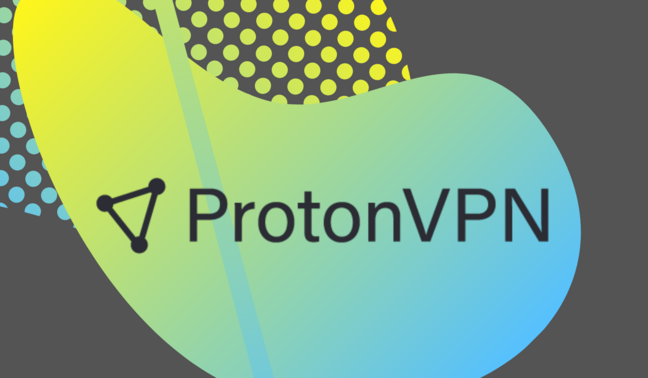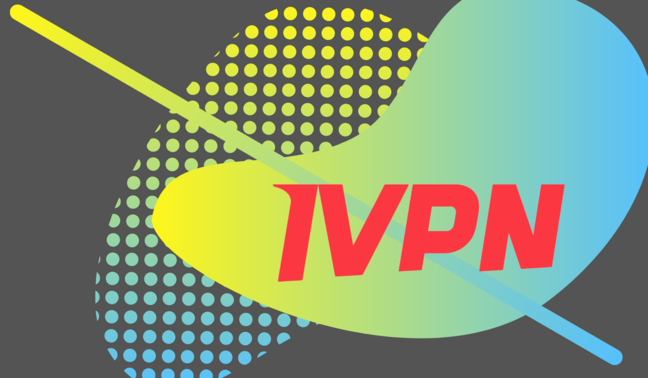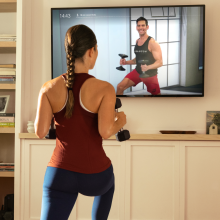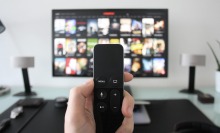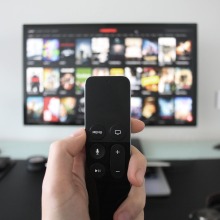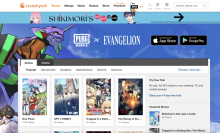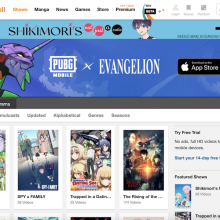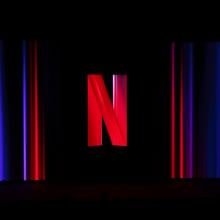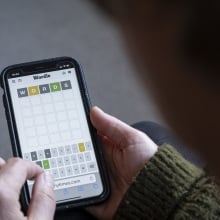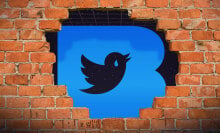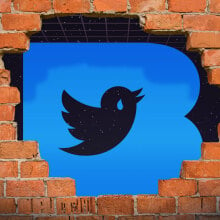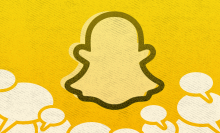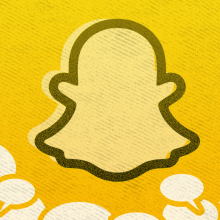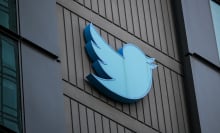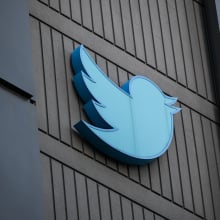Best deals on VPNs this week
- Private Internet Access VPN (Opens in a new window) — $2.11 Per Month + 3-Months Free (82% Off 2-Year Plan)
- PureVPN (Opens in a new window) — $2.08 Per Month + 3-Months Free (81% Off 2-Year Plan)
- NordVPN (Opens in a new window) — $3.29 Per Month + 3-Months Extra (60% Off 2-Year Plan)
- Surfshark VPN (Opens in a new window) — $2.30 Per Month + 2-Months Free (82% Off 2-Year Plan)
- ExpressVPN (Opens in a new window) — $6.67 Per Month + 3-Months Free + 1-Year Backblaze (49% Off 1-Year Plan)
- CyberGhost VPN (Opens in a new window) — $2.11 Per Month + 3-Months Free (84% Off 2-Year Plan)
Slow WiFi and an exposed Google history are an avid internet user's worst nightmares, and the Obama-era rules that protect from these have been under attack since 2017. New FCC leaders could offer hope for a fairer internet(opens in a new tab), though undoing years of net neutrality bashing is an uphill battle.
Squashing these protections essentially gives internet service providers the green light to dish unfair treatment to certain web traffic — like throttling a Netflix connection or charging extra to use a certain social media platform. And don't get us started on how it could affect smaller sites with smaller budgets.
Discussions about the government's right to spy on your digital habits(opens in a new tab) without a warrant don't exactly make anyone feel confident, either.
Whatever the reason, people are becoming more and more paranoid about the vulnerability of their internet usage (that, or they're just really tired of American Netflix). In turn, Google has become littered with VPN reviews and lists of the best VPNs according to experts, tech publishers, and regular consumers alike. But if you wanted a more raw take on the day-to-day VPN experience from normal people (with no filter), there's only one place to go: Reddit(opens in a new tab).
What is a VPN used for?
The bottom line is simple: People don't want other people watching what they're doing online, even if they're not doing anything wrong.
A VPN (virtual private network) is an internet security subscription that basically allows you to make up your own internet rules. It acts as a bodyguard between you and your internet service provider (and hackers, and other third-party weirdos) by hollowing out a personal anonymity tunnel through which you perform all of your internet activities. A VPN's job is to plug the holes that could be making your data vulnerable to nefarious eyeballs, like creeps scouring public WiFi networks for personal information that could be used to steal your identity. VPNs are as wise of a precaution as antivirus software or a password manager (yes, this applies to Macs too).
Hackers love free WiFi for the same reason you do: Connecting to the internet requires no authentication. That network is littered with unsecured devices, many times belonging to working professionals with bank accounts and business credentials that have phishers frothing at the mouth. Often, the easiest thing for hackers to do is slide in between your device and the connection point. This Man-in-the-Middle situation is like eavesdropping, but on emails, credit card info, and work logins. Other hackers use public WiFi to unleash malware to all of the suckers using the network without protection.
Many folks avoid the public WiFi risk by recruiting their phone's hotspot. But on the flip side, cellular data limits might be an issue — setting up a situation where both a laptop and phone need VPN protection. Many Reddit users suggest using something like EasyTether to share the VPN connection in a reverse hotspot of sorts.
Are free VPNs the move?
Reddit has strong feelings about this. It's bluntly summed up here in response to an inquiry about the "best free VPN":

Reddit users will let you know that comparing free VPNs to paid VPNs just doesn't make sense. It's like comparing apples to oranges, and you'll almost definitely be skimping on some crucial features by taking the cheapest-possible route. The proof isn't always provided, but many Redditors are convinced that free VPNs don't follow a true no-log policy, or that they sell your data to third parties. "Free" is sometimes synonymous with "slow" due to fewer servers in fewer locations.
The general consensus seems to be to only use a free VPN to test the waters, then cough up the credit card info (or Paypal, or Bitcoin, or Visa gift cards from your grandma). Most times, this can be done through a trusted paid VPN that has a free tier to experiment with, or via a free trial, which many services offer. In a rare turn of events, Reddit backs Windscribe's free service hard. However, free VPNs can step up to the job for more temporary endeavors — like having access to your home country's streaming services while going abroad for a semester or keeping up with a certain sport for a season. Because paid VPNs only really get affordable when a one or two-year subscription is met, it may not make sense to pay $10 or $12 per month for the few months that you need a VPN.
Here are the VPNs that Reddit users recommend the most in 2023:
